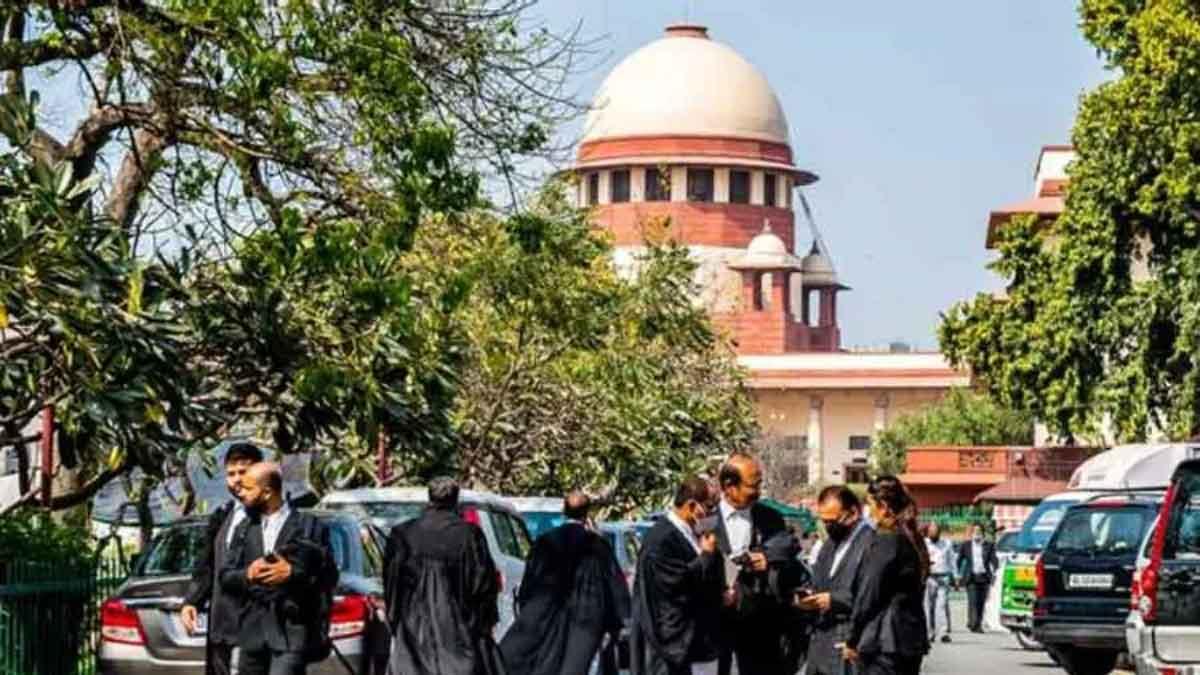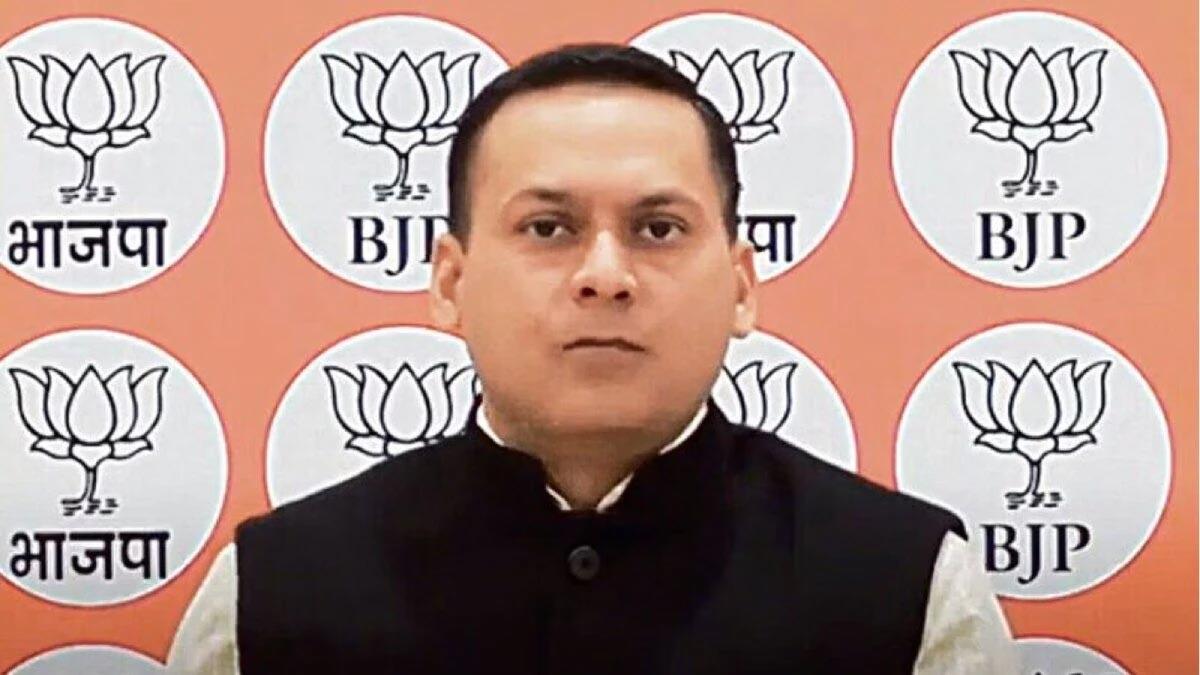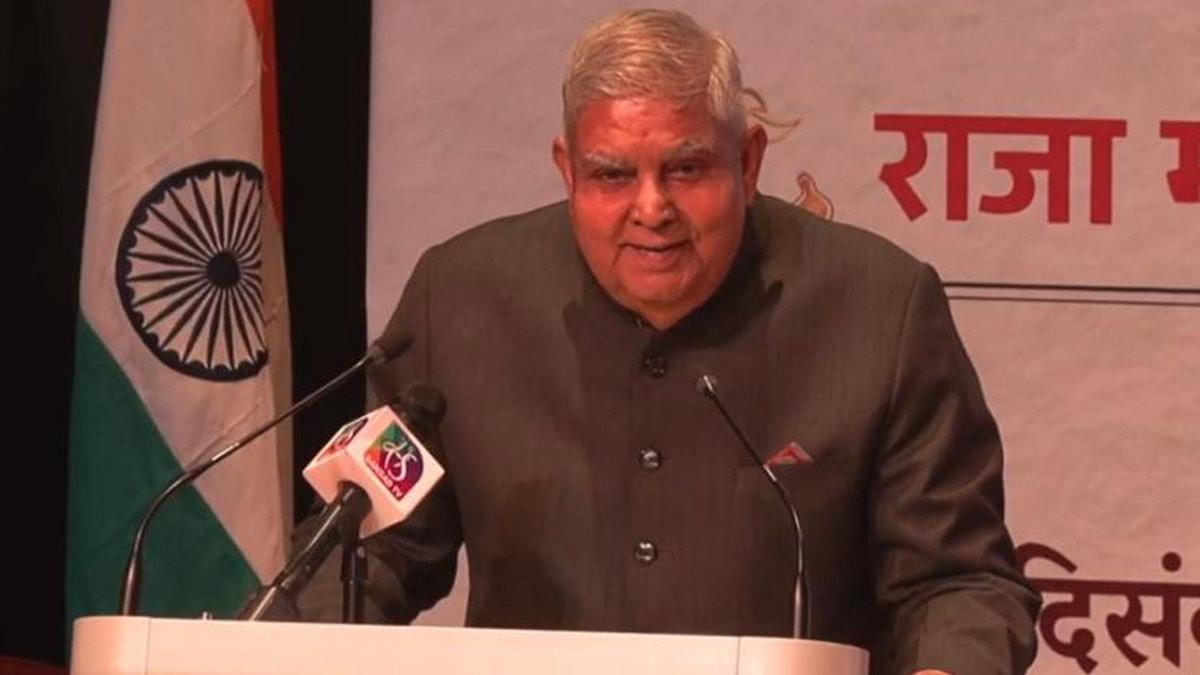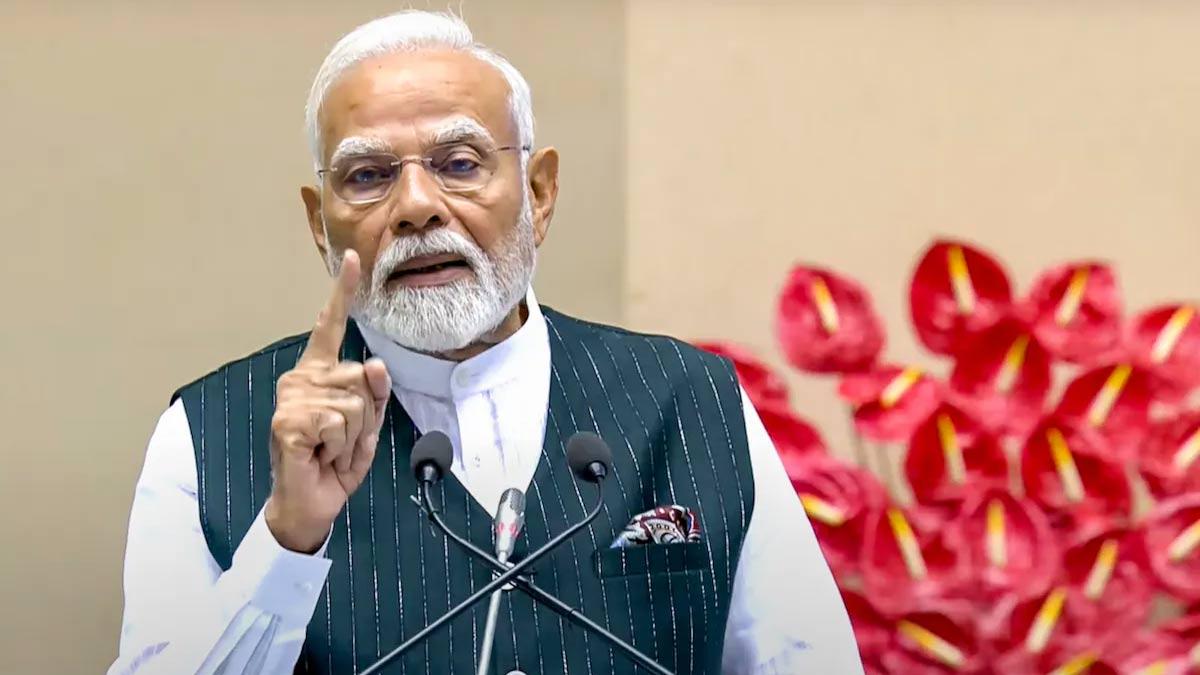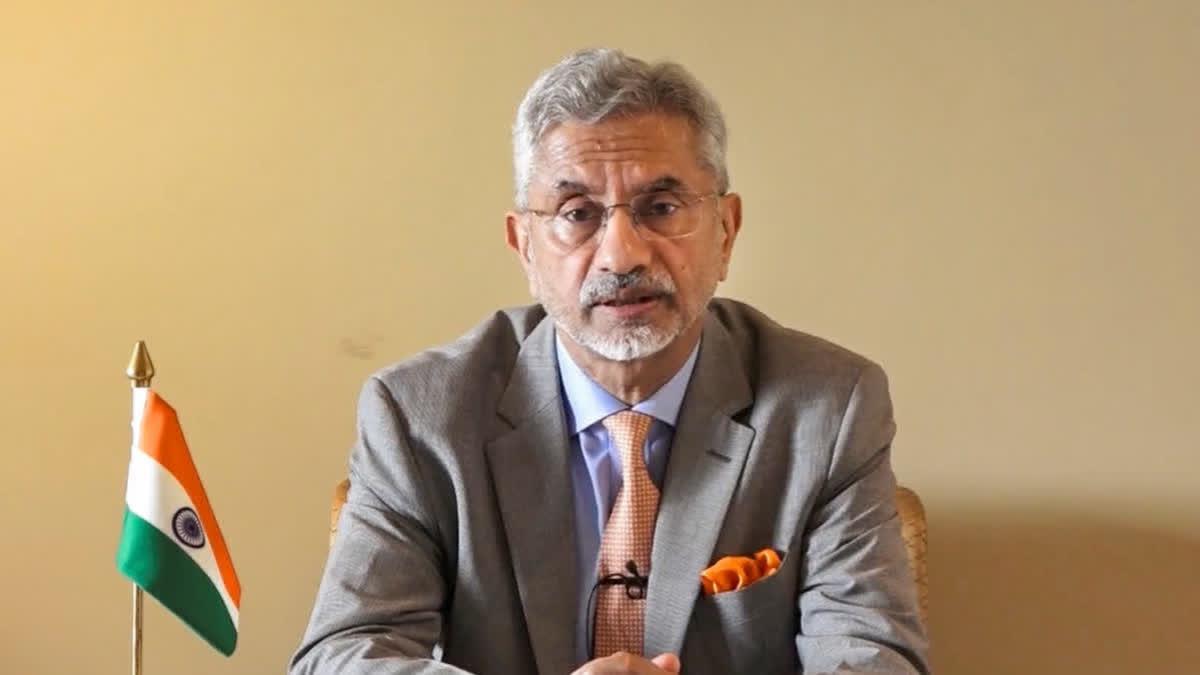The Supreme Court grilled Delhi Chief Minister Arvind Kejriwal on Monday regarding his failure to file a bail application despite challenging his arrest and subsequent detention by the Enforcement Directorate (ED) in connection with the excise policy case. Justices, led by Sanjiv Khanna, questioned Kejriwal's legal team about the absence of a bail plea before the trial court.
Responding to the query, Kejriwal's senior advocate, Abhishek Manu Singhvi, contended that no bail application was submitted due to the perceived illegality of the arrest, citing the broad scope of section 19 of the Prevention of Money Laundering Act. Singhvi stressed the ED's obligation to establish the necessity of arrest based on available evidence and a reasonable belief in the accused's involvement in money laundering.
Additional Solicitor General S.V. Raju, representing the ED, intervened, highlighting Kejriwal's lack of objection to subsequent custody following the purportedly illegal initial arrest. Singhvi rebutted, asserting that the absence of Kejriwal's name in key documents such as the CBI's FIR and the ED's ECIR undermines the case's credibility. He argued against the notion that mere non-cooperation or denial of interim relief by the Delhi High Court could warrant arrest.
The apex court adjourned proceedings for the day, promising further deliberation. Kejriwal, in his recent affidavit, condemned his arrest as politically motivated, alleging an attempt to sway ongoing elections in favor of the ruling party and jeopardize the principle of fair elections. He reiterated accusations of the Central government exploiting agencies like the ED to suppress political rivals, particularly the Aam Aadmi Party (AAP) and its leaders.
Contrarily, the ED's Deputy Director, in a counter affidavit, dismissed Kejriwal's claims as baseless, asserting that his arrest stemmed from a blatant disregard for cooperation. The affidavit detailed Kejriwal's repeated avoidance of interrogation despite nine summonses and his evasiveness during statement recordings under section 17 of the PMLA, characterizing his conduct as non-cooperative.

